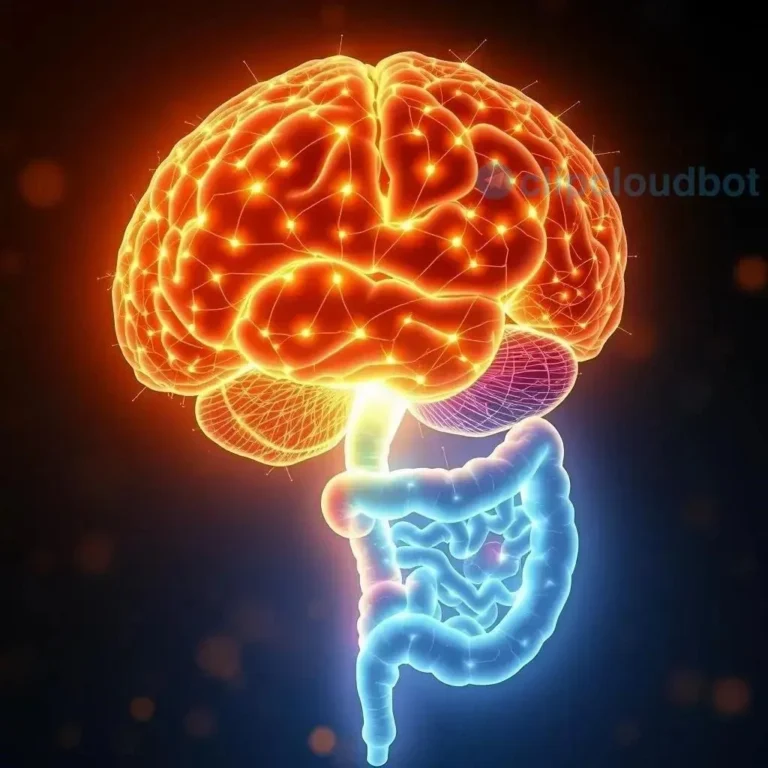Understanding and Managing Bloating
Bloating is a common digestive issue, characterized by a feeling of fullness, tightness, or swelling in the abdomen. It can be accompanied by visible distension. Understanding the underlying causes and adopting appropriate management strategies can significantly alleviate discomfort.
Common Causes of Bloating
Several factors can contribute to bloating, ranging from dietary habits to underlying medical conditions. One of the most frequent culprits is excess gas production in the digestive tract. This can result from swallowing air while eating or drinking, or from the breakdown of certain foods by gut bacteria. Foods high in fiber, such as beans and lentils, are notorious for causing gas, as are sugar alcohols found in sugar-free products. Lactose intolerance, the inability to digest lactose (the sugar in milk), can also lead to significant gas and bloating. Constipation, characterized by infrequent bowel movements, can contribute to bloating as stool builds up in the colon.
Beyond dietary factors, certain medical conditions can also cause bloating. Irritable Bowel Syndrome (IBS) is a common functional disorder affecting the large intestine. Bloating is a hallmark symptom of IBS, often accompanied by abdominal pain, cramping, and changes in bowel habits. Other digestive disorders, such as small intestinal bacterial overgrowth (SIBO) and gastroparesis (delayed stomach emptying), can also contribute to bloating. In some cases, bloating can be a symptom of more serious conditions like celiac disease or inflammatory bowel disease (IBD). Consulting a healthcare professional is crucial for accurate diagnosis and appropriate management if bloating persists or is accompanied by other concerning symptoms.
Dietary and Lifestyle Factors in Bloating
Dietary and lifestyle choices play a significant role in influencing bloating; Specific foods are known to trigger gas production and bloating in susceptible individuals. These include cruciferous vegetables like broccoli and cabbage, legumes such as beans and lentils, and certain fruits like apples and pears. Artificial sweeteners and sugar alcohols, commonly found in sugar-free products, can also contribute to gas and bloating. Carbonated beverages, including soda and sparkling water, introduce air into the digestive system, leading to increased gas and discomfort. Eating habits also contribute. Eating too quickly, swallowing air while eating or drinking, and chewing gum can all increase air intake and exacerbate bloating.
Beyond food choices, other lifestyle factors can influence bloating. Stress can disrupt the delicate balance of gut bacteria and affect digestive function, potentially leading to increased bloating. Lack of physical activity can slow down digestion and contribute to constipation, which can worsen bloating. Inadequate fluid intake can also exacerbate constipation and bloating. Food intolerances, such as lactose intolerance or gluten sensitivity, can trigger digestive upset and bloating in affected individuals. By making mindful dietary and lifestyle adjustments, individuals can often significantly reduce the frequency and severity of bloating episodes.
Effective Bloating Relief Strategies
Several strategies can provide relief from bloating. Dietary modifications often play a key role. Identifying and eliminating trigger foods, such as those high in FODMAPs (fermentable oligosaccharides, disaccharides, monosaccharides, and polyols), can significantly reduce gas production and bloating. Keeping a food diary can help pinpoint specific culprits. Increasing water intake helps promote regular bowel movements and prevent constipation, which can contribute to bloating. Consuming probiotic-rich foods, like yogurt and kefir, or taking probiotic supplements, can help restore a healthy balance of gut bacteria and improve digestion. Peppermint oil has been shown to have antispasmodic properties and may help relieve bloating and gas.
Beyond dietary changes, certain lifestyle adjustments can also provide relief. Regular physical activity, such as walking or cycling, can stimulate bowel movements and reduce bloating. Managing stress through techniques like yoga, meditation, or deep breathing exercises can improve digestive function and alleviate bloating. Over-the-counter medications, such as simethicone or activated charcoal, can help relieve gas and bloating. However, it’s essential to consult a healthcare professional before using these medications regularly. If bloating persists or is accompanied by other concerning symptoms, seeking medical advice is crucial for proper diagnosis and management.
The Connection Between Bloating and Gut Health
Bloating is often a sign of an imbalance in the gut microbiome, the complex community of microorganisms residing in the digestive tract. A healthy gut microbiome is crucial for optimal digestion, nutrient absorption, and overall well-being. Dysbiosis, a disruption in the balance of gut bacteria, can lead to increased gas production, inflammation, and bloating. Factors that can contribute to dysbiosis include a diet high in processed foods, sugar, and unhealthy fats, as well as the use of antibiotics. Small intestinal bacterial overgrowth (SIBO), a condition characterized by an excessive number of bacteria in the small intestine, can also cause significant bloating and other digestive issues.
Supporting gut health through dietary and lifestyle modifications can help alleviate bloating and improve overall digestive function. Consuming a diet rich in fiber from fruits, vegetables, and whole grains nourishes beneficial gut bacteria. Prebiotic foods, such as onions, garlic, and bananas, provide fuel for these beneficial bacteria. Probiotic-rich foods, like yogurt and kefir, or probiotic supplements, can help replenish and diversify the gut microbiome. Reducing stress and getting regular exercise can also positively influence gut health and reduce bloating. By prioritizing gut health, individuals can often experience significant improvements in bloating and overall digestive well-being.






